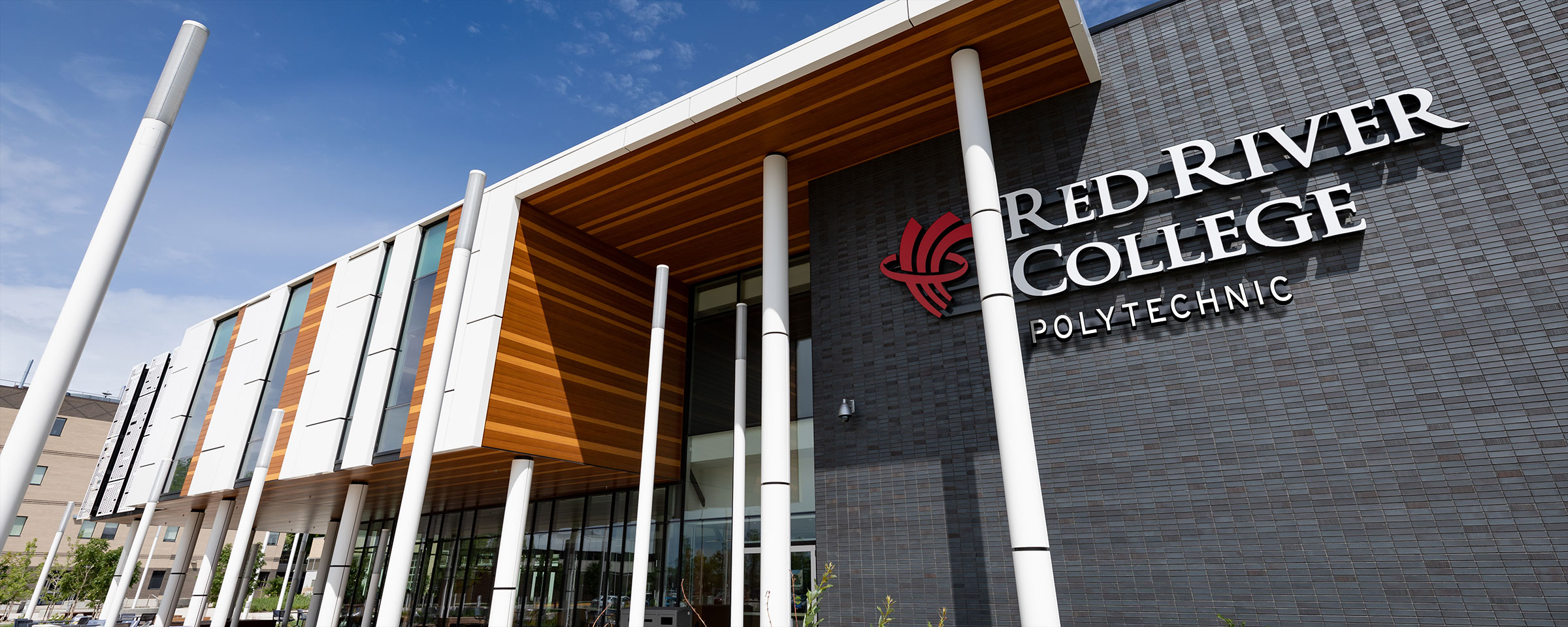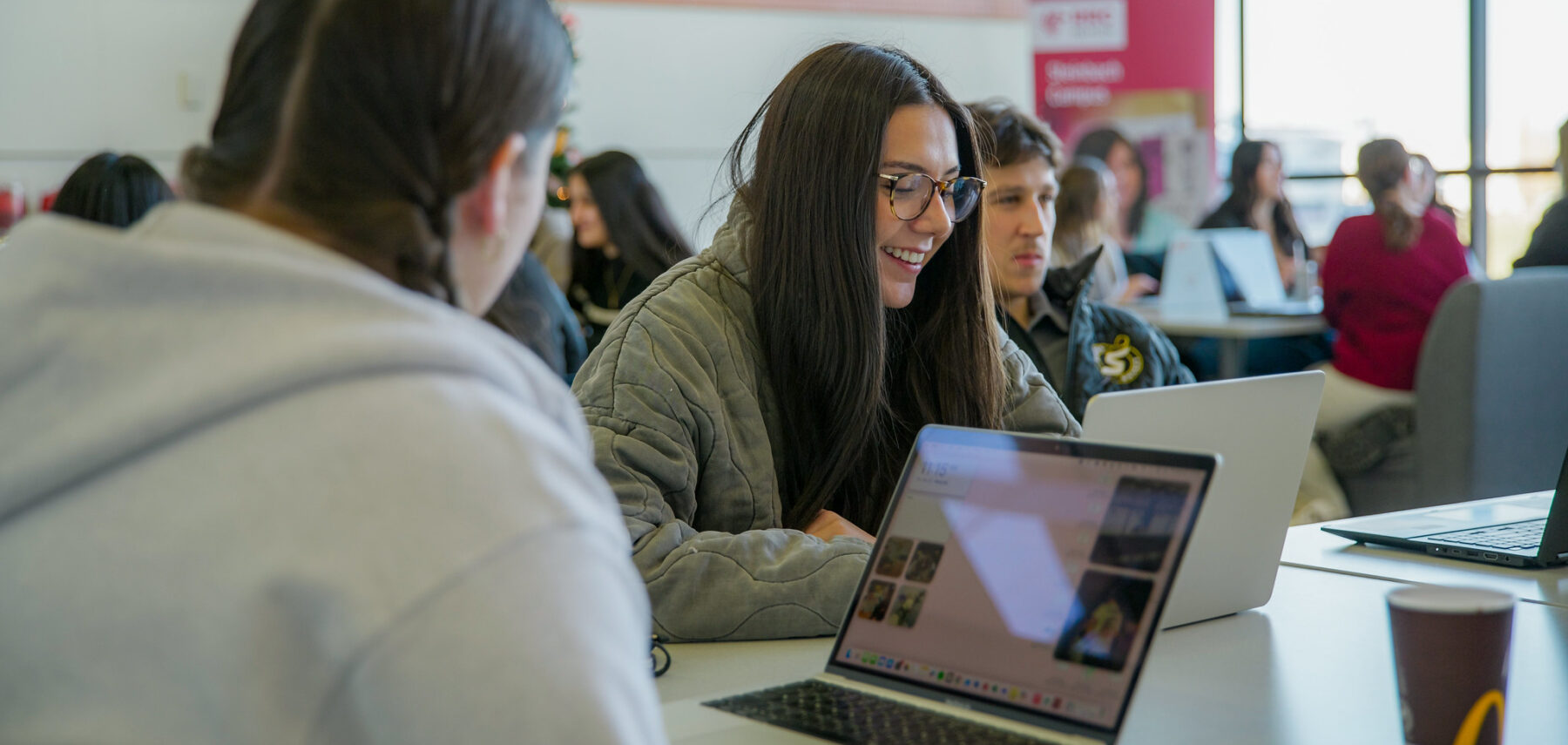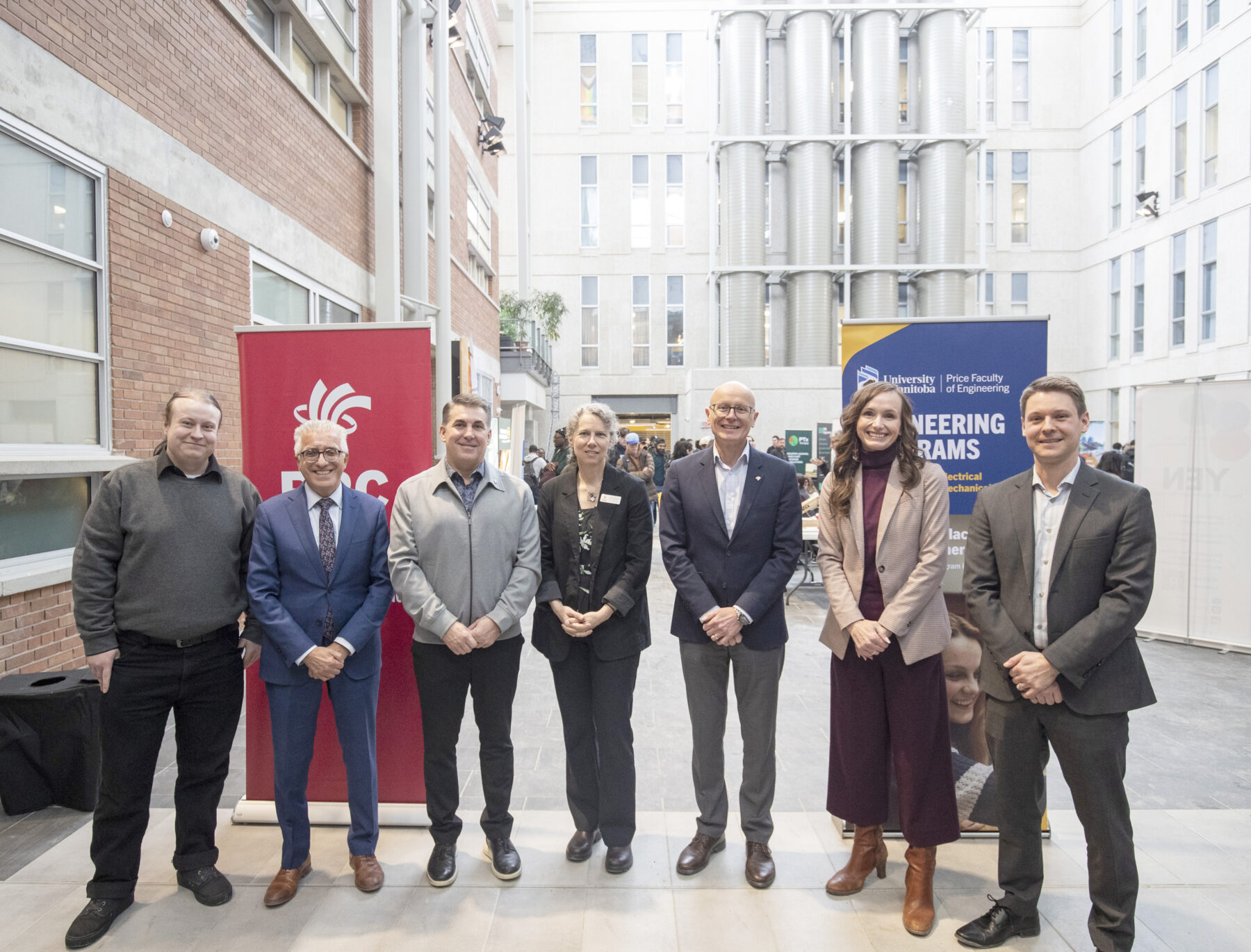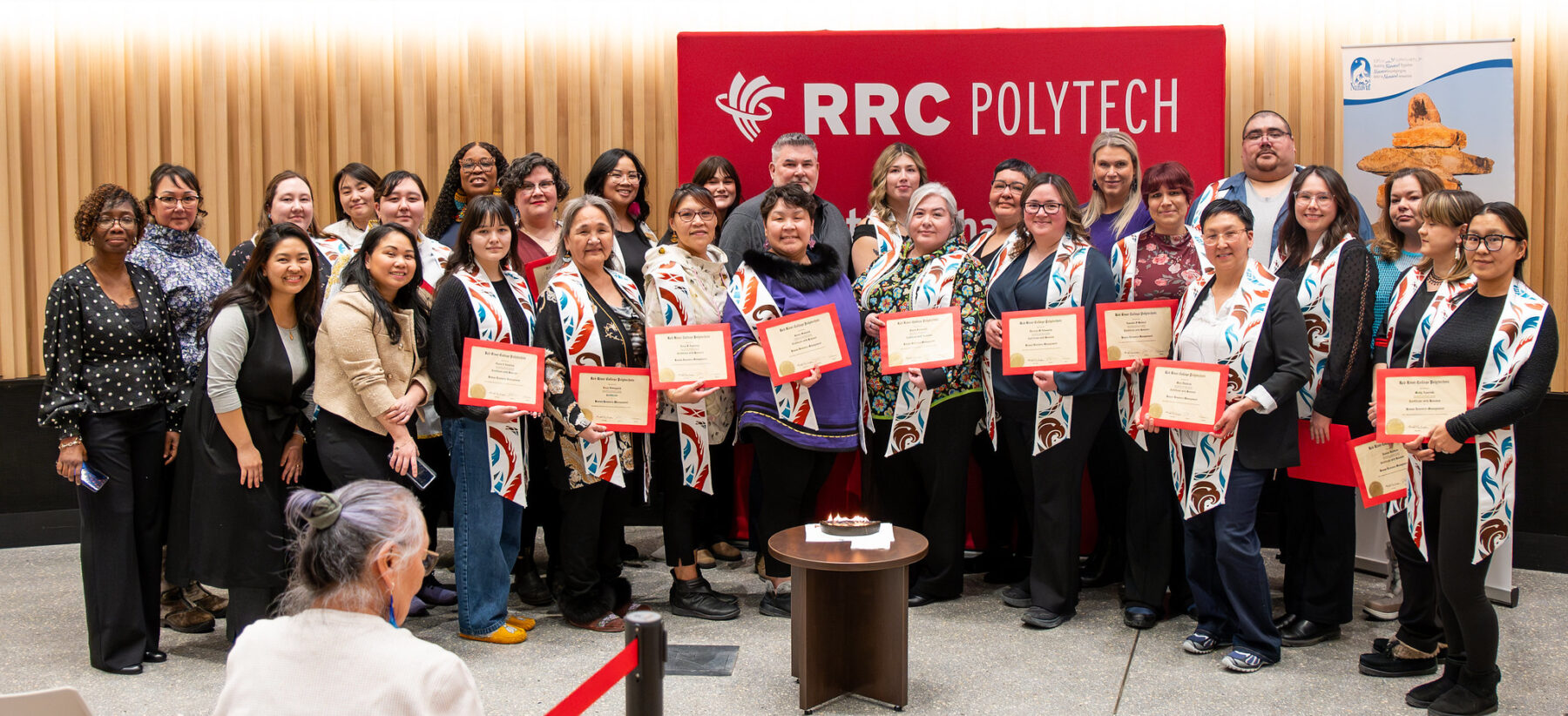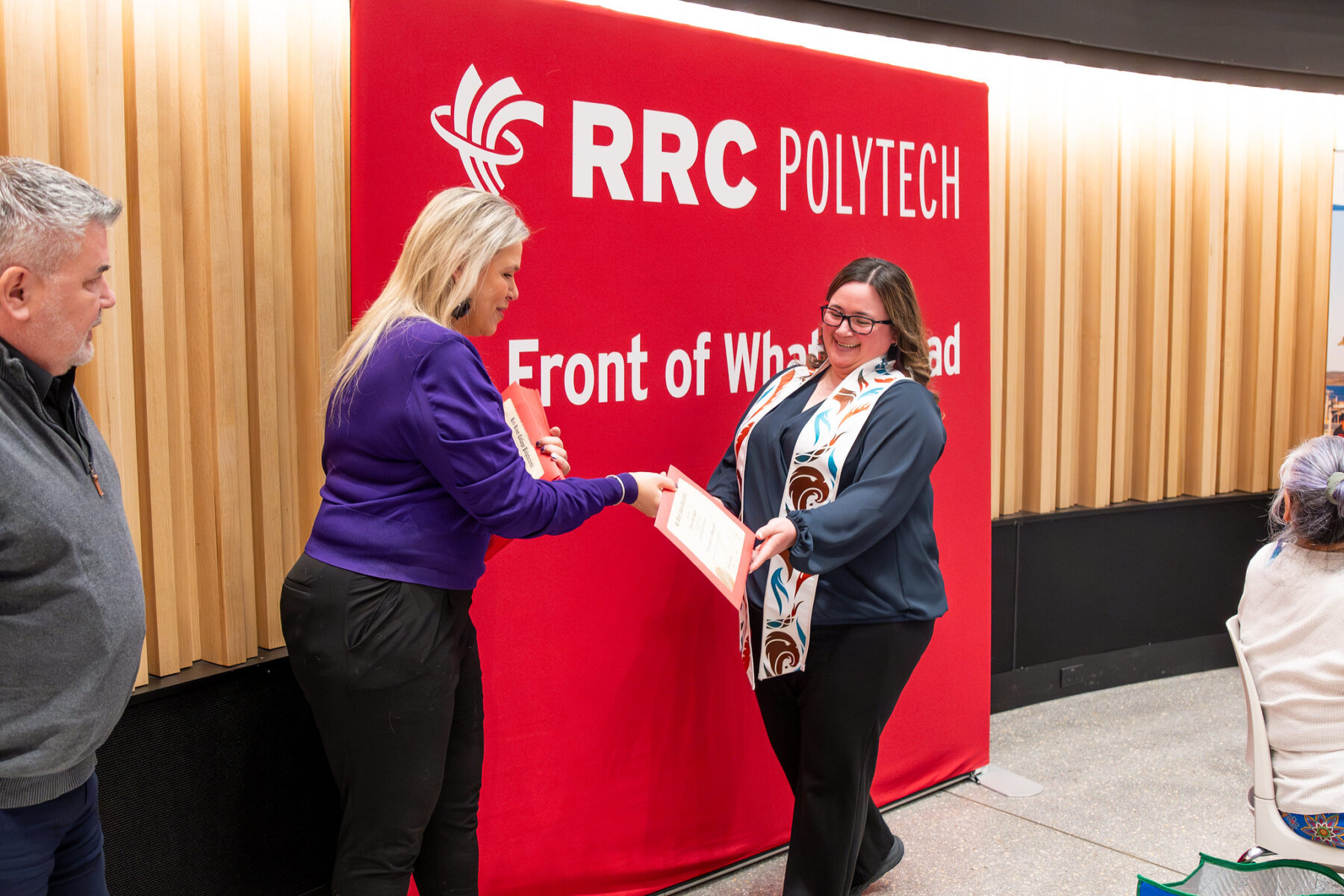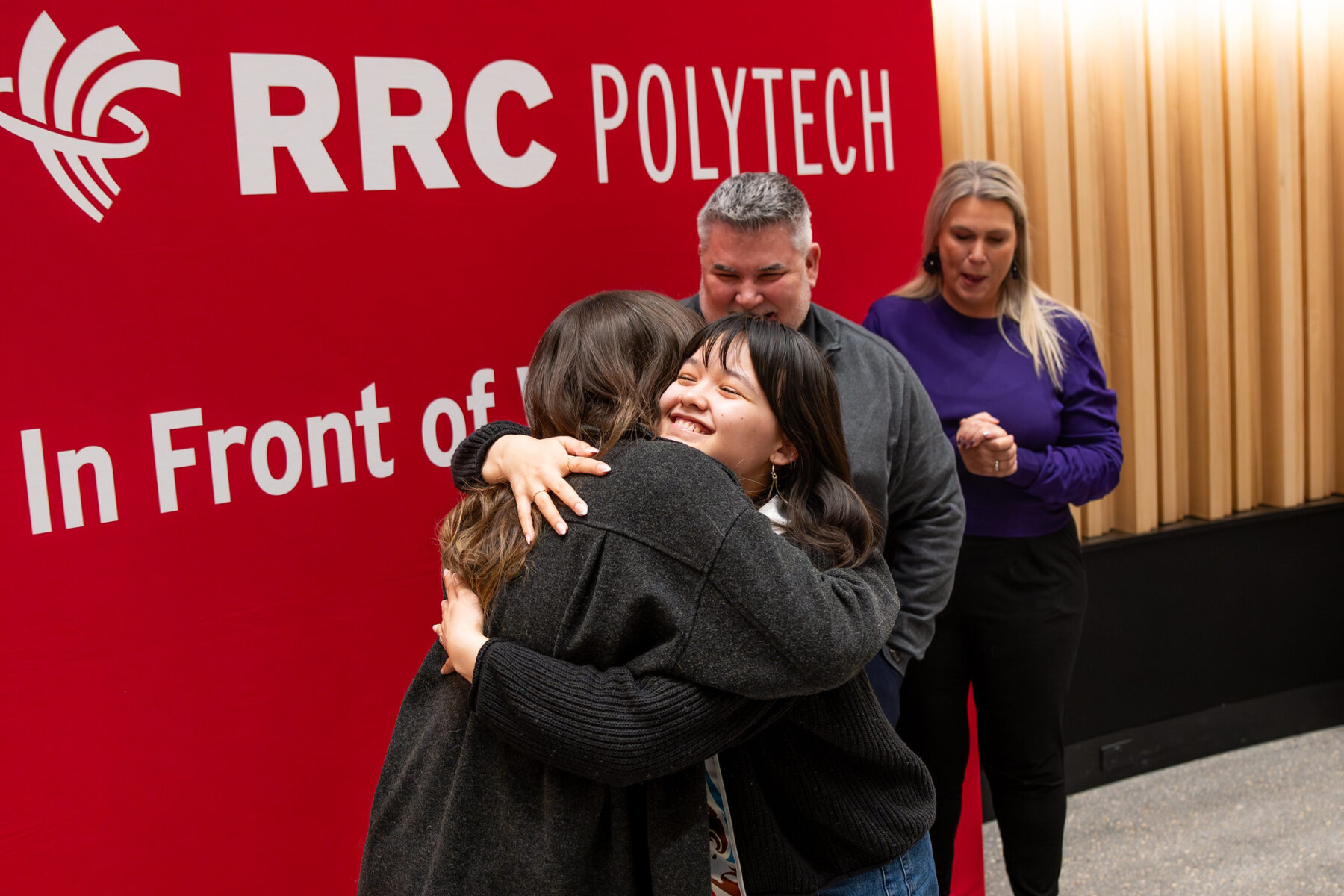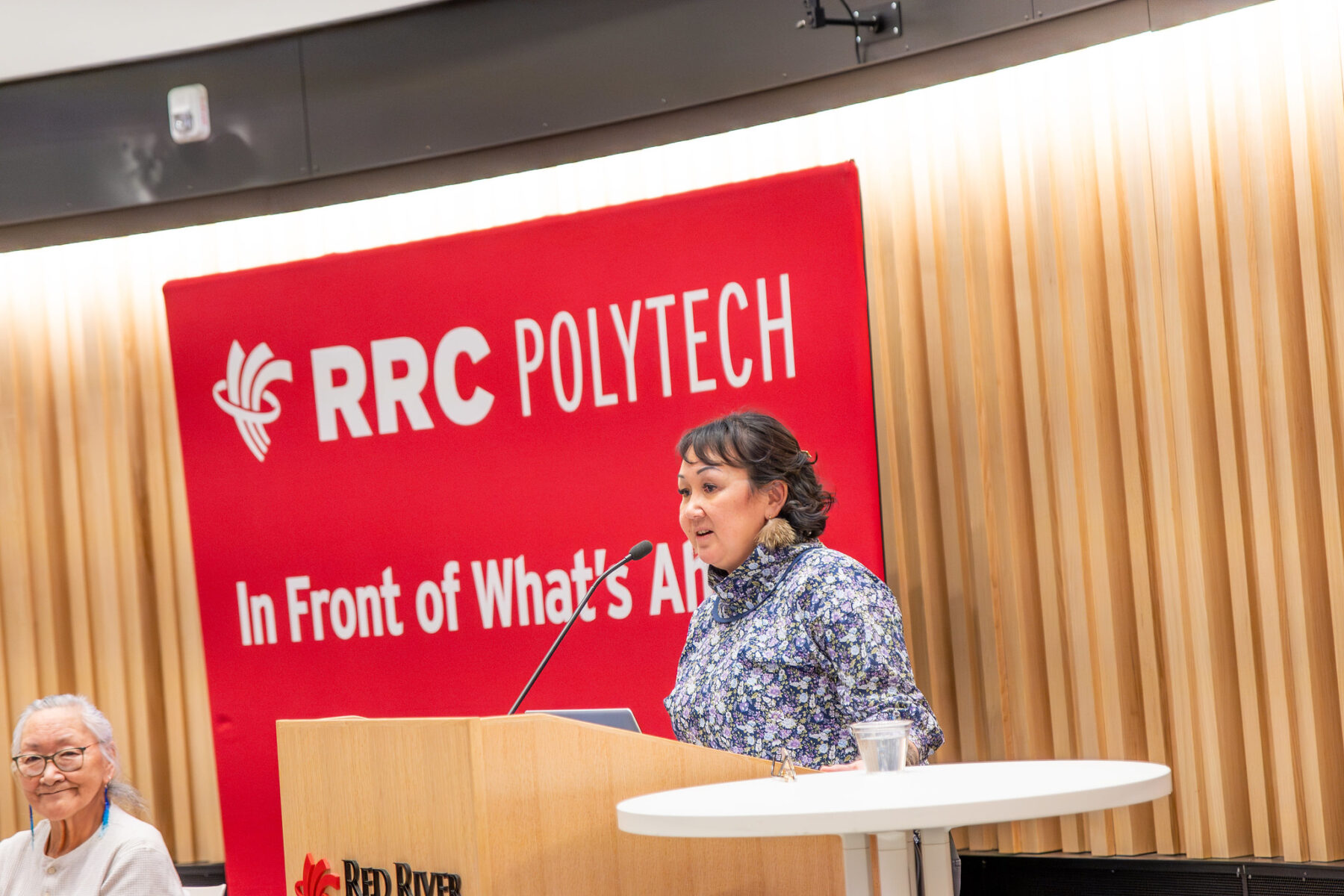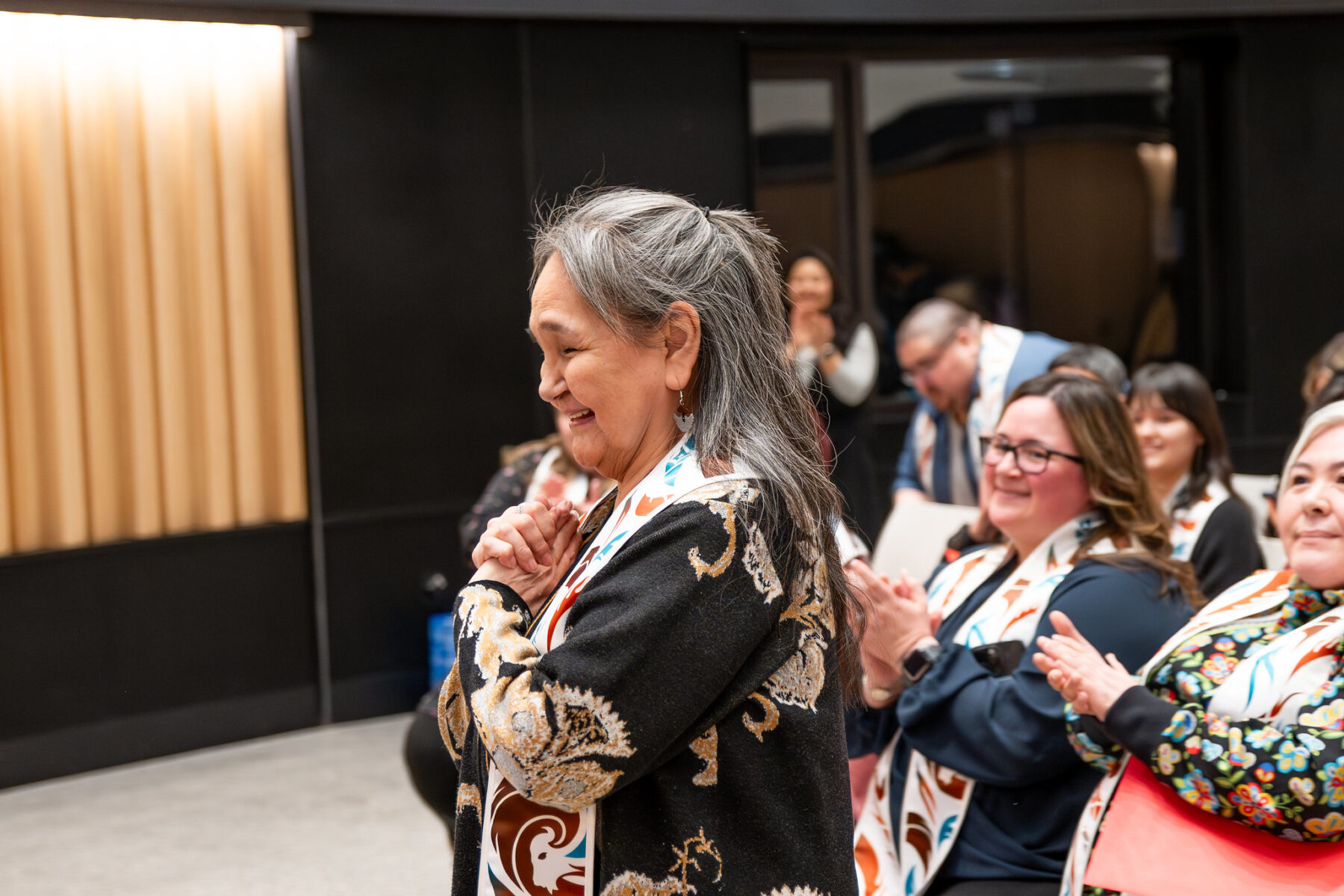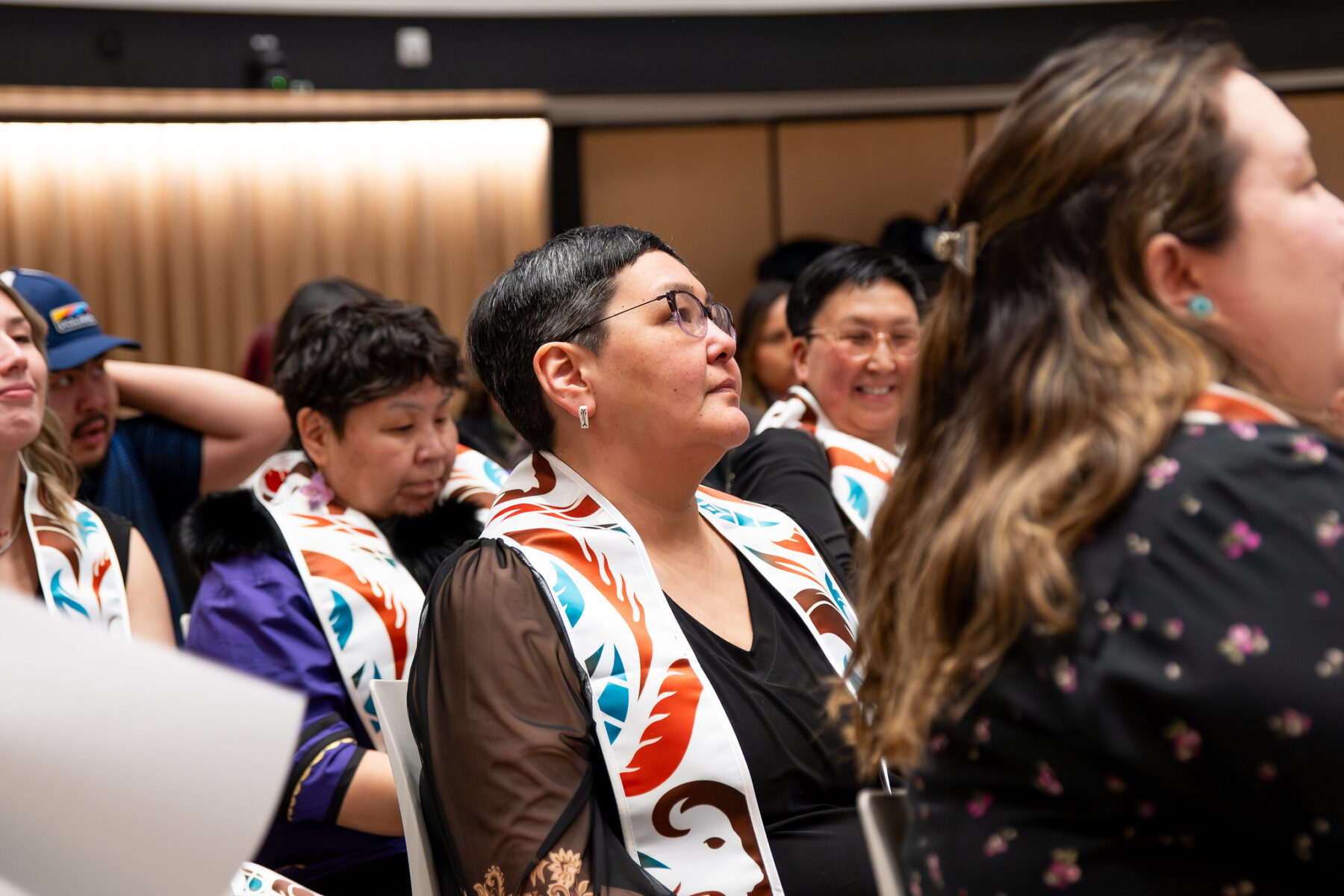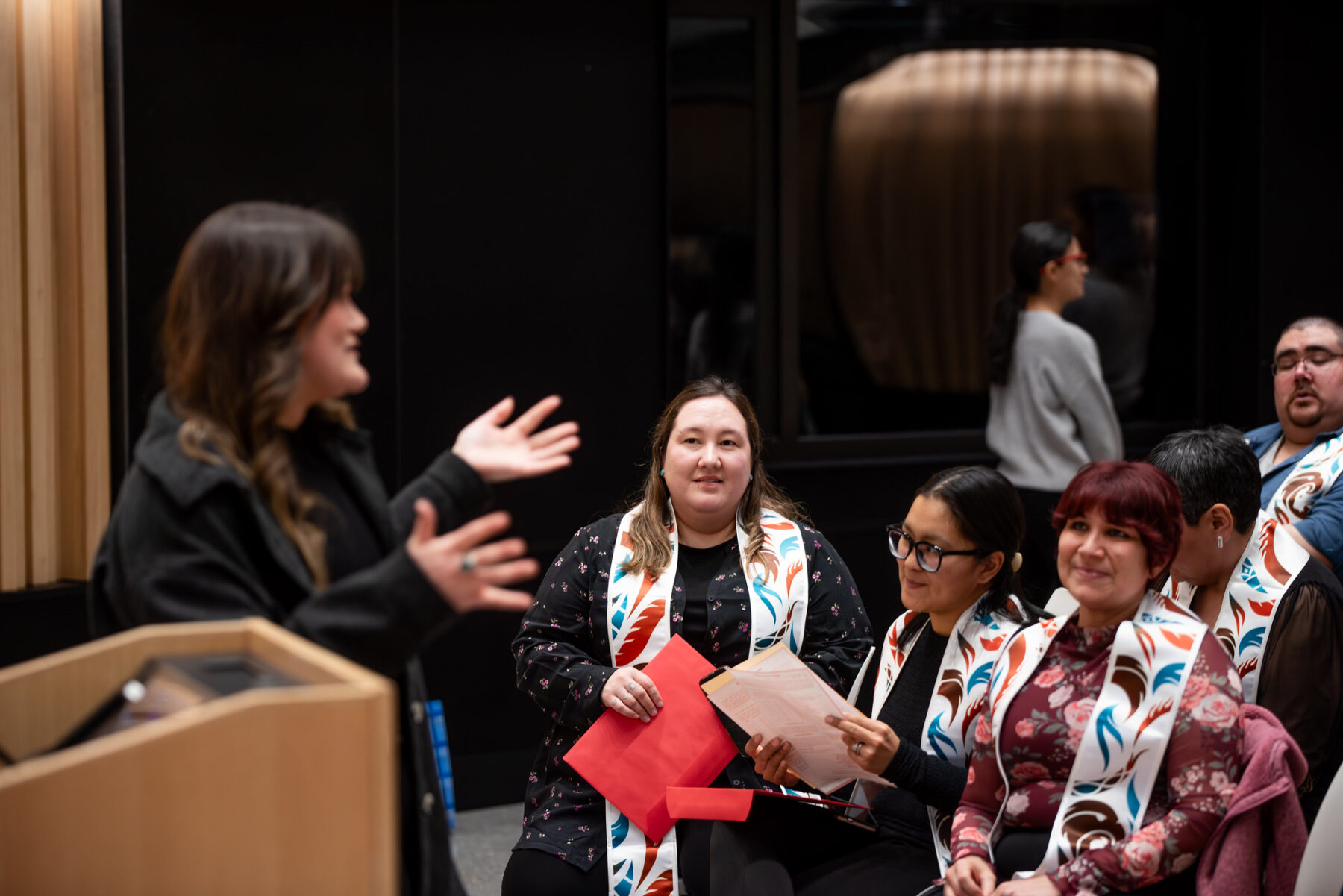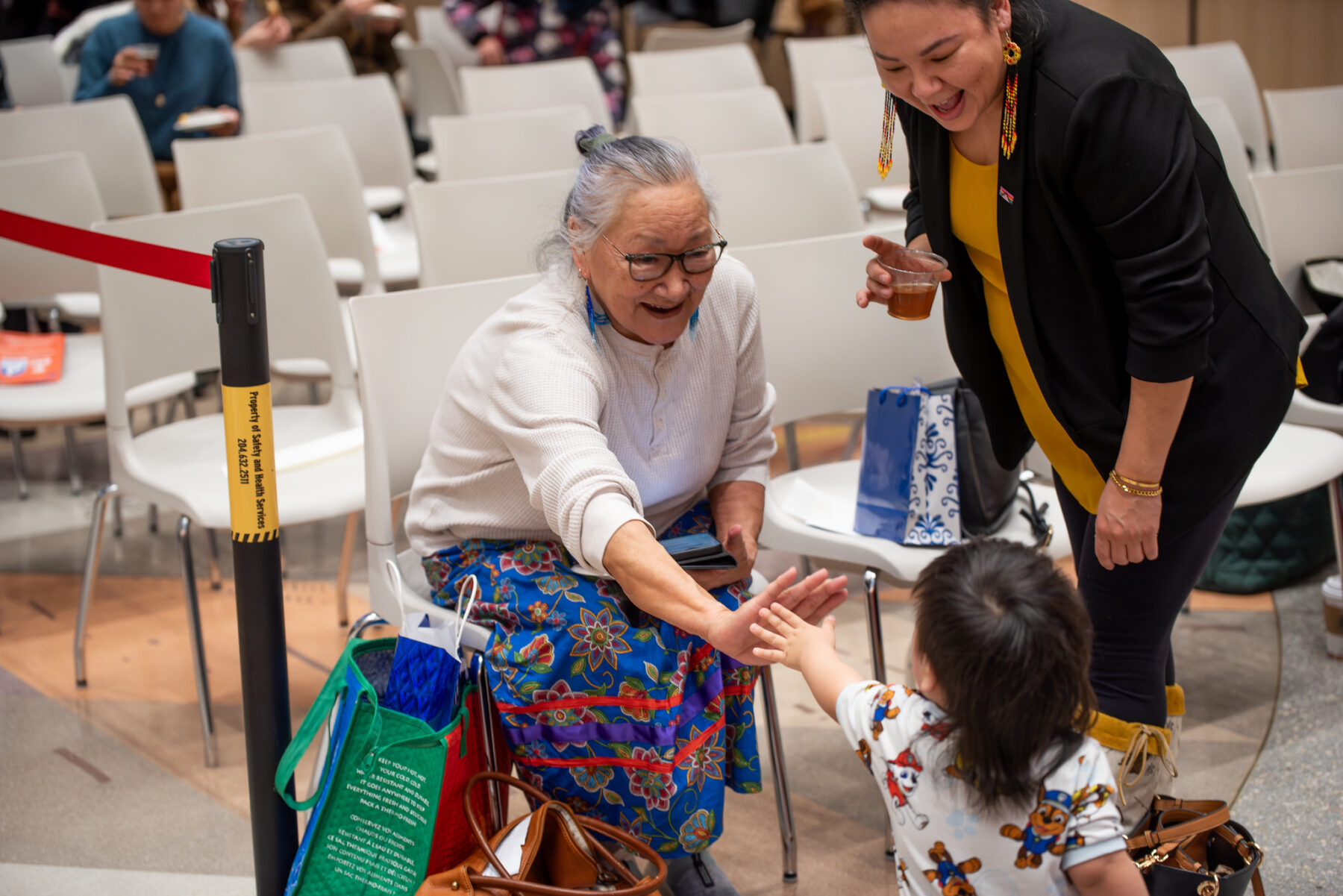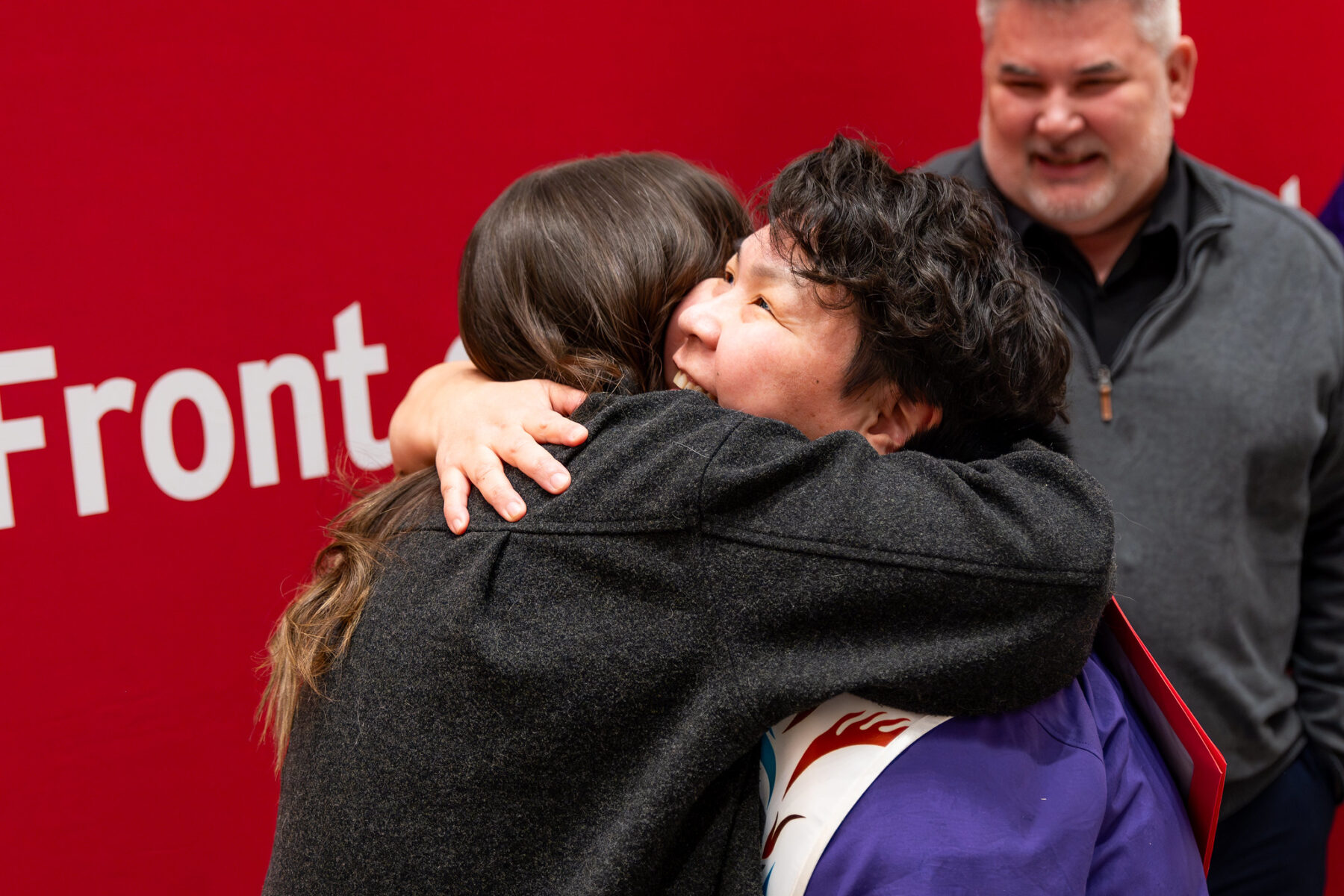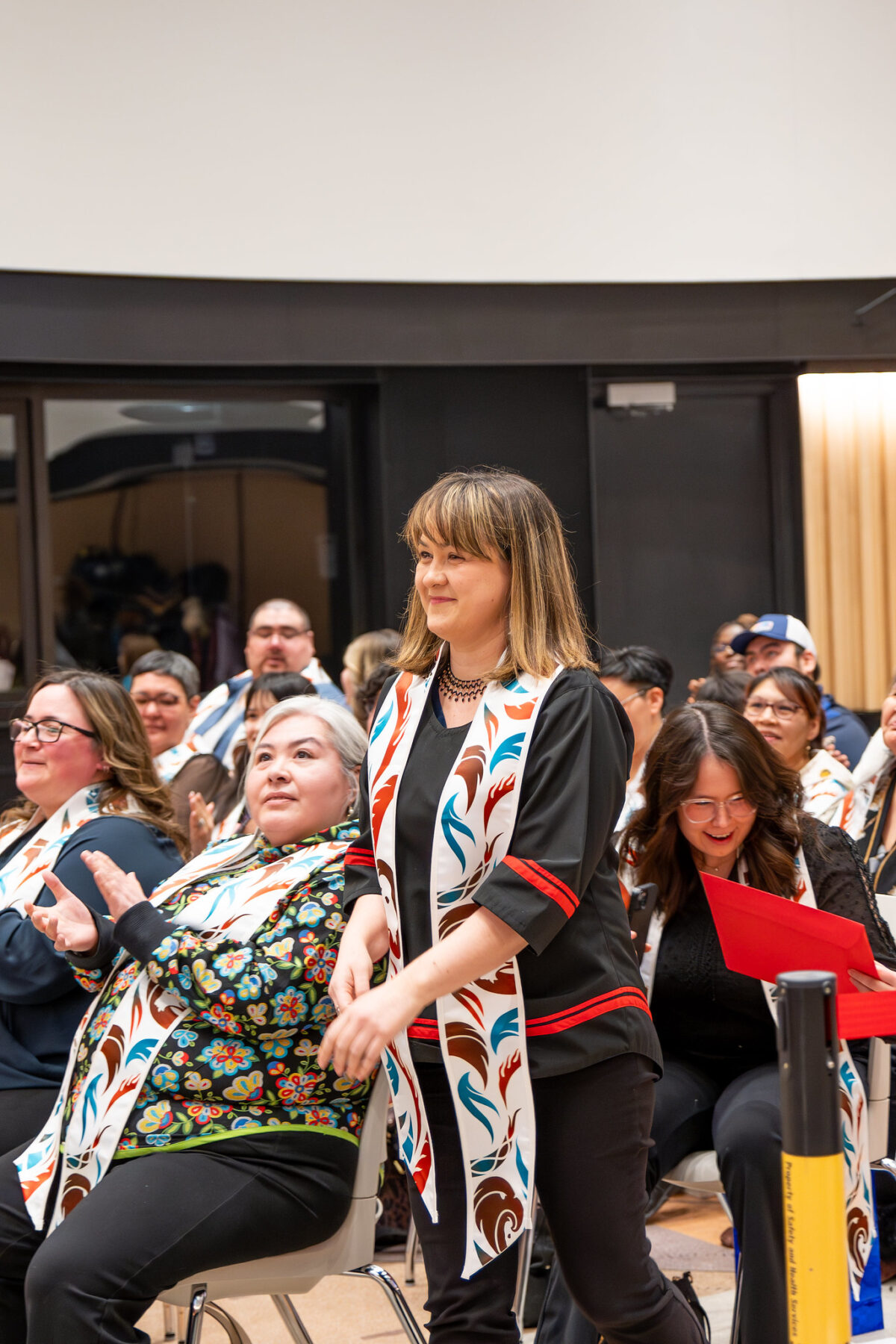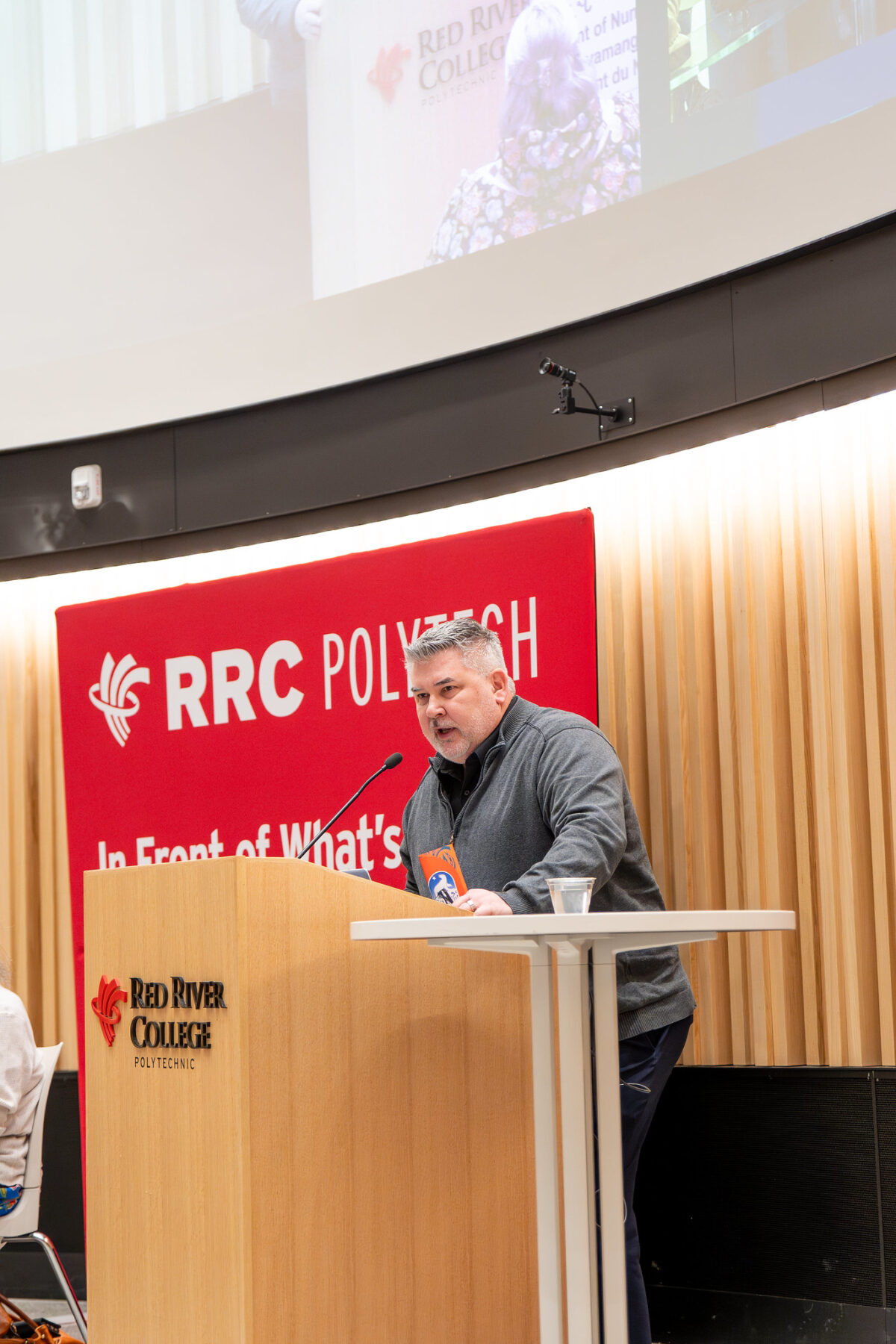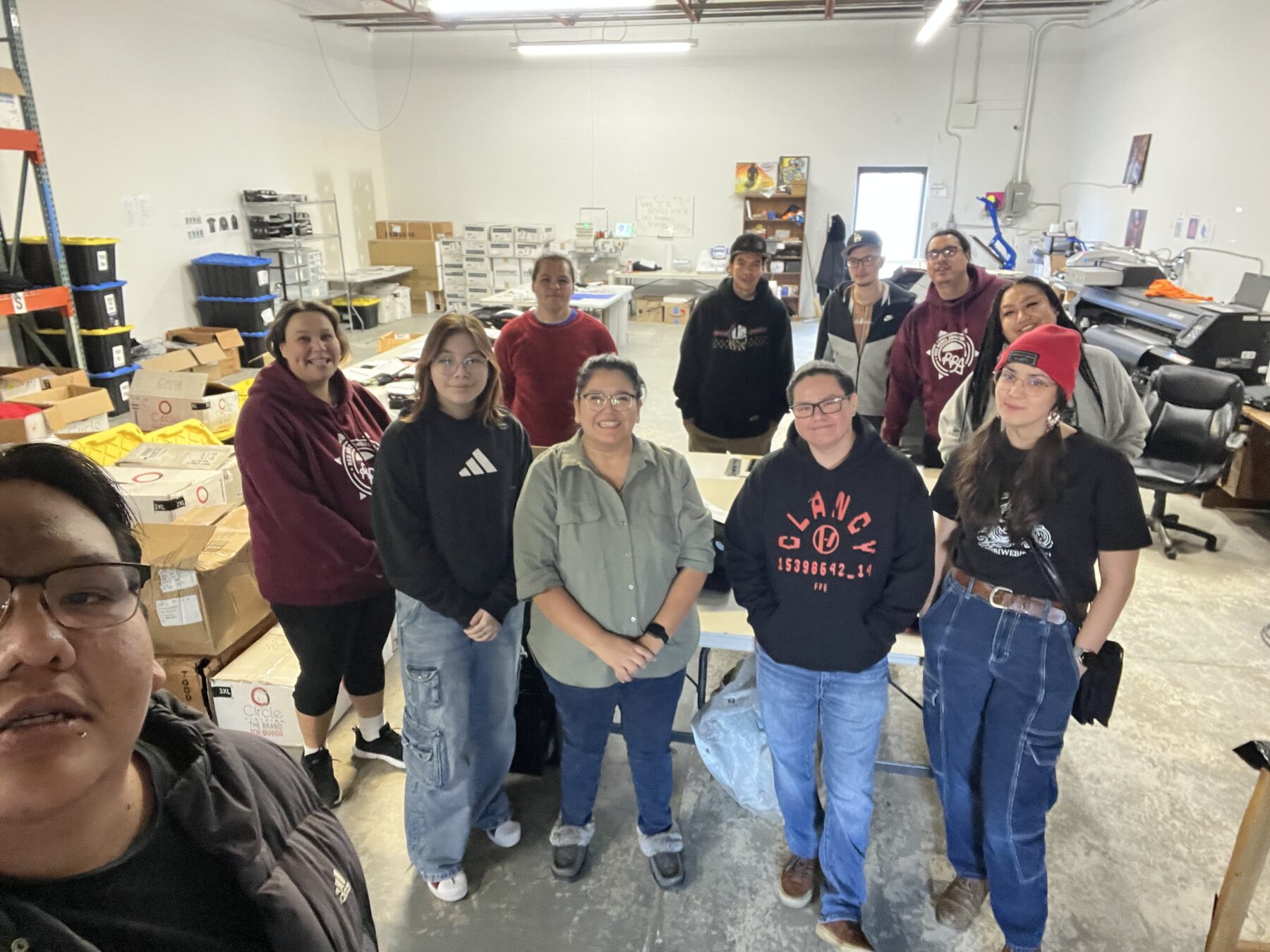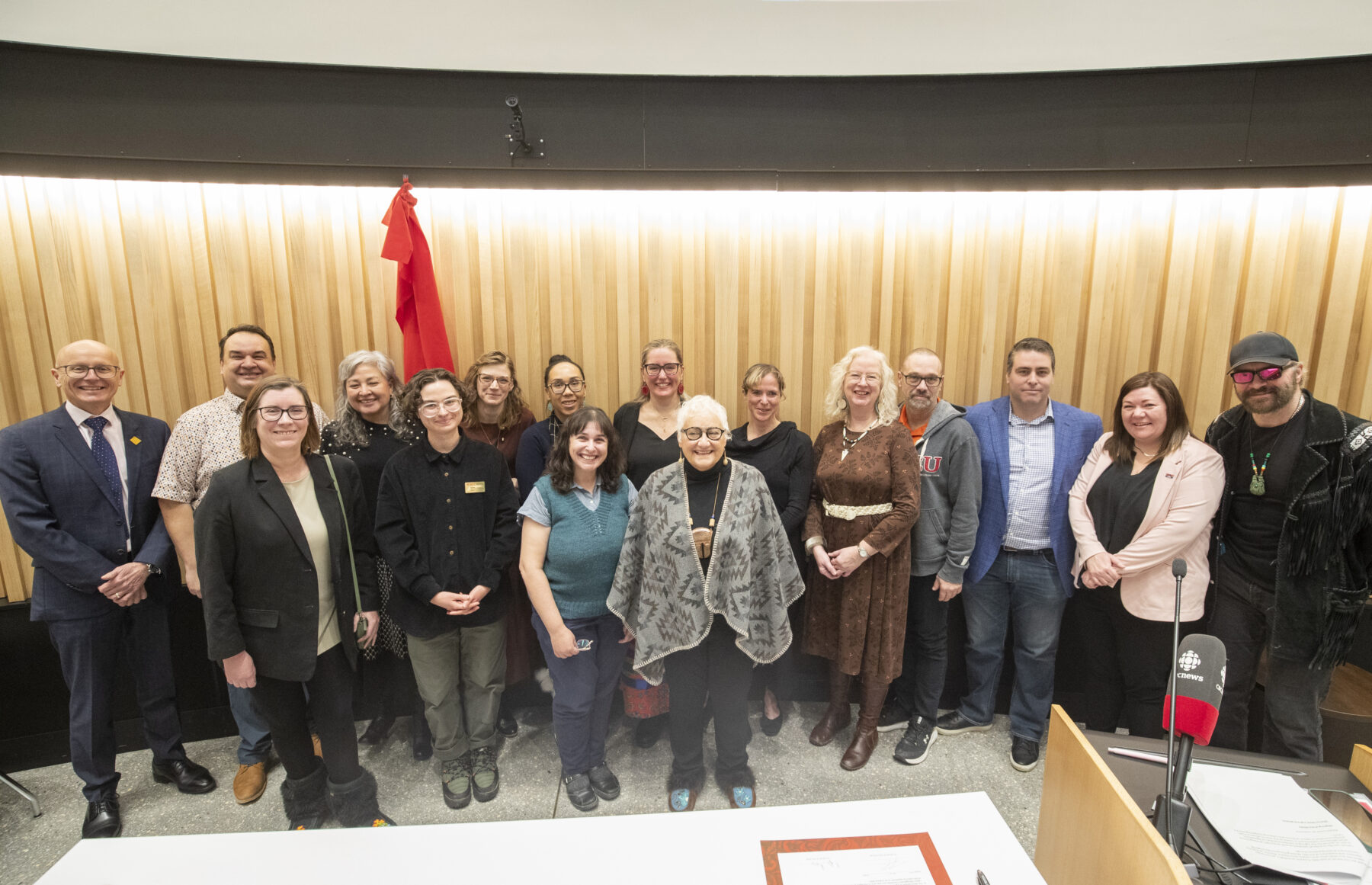MITT Open House event postponed
As announced on January 28, 2026 the Manitoba Institute of Trades and Technology (MITT) is currently in a transition period, winding down operations over the coming year.
A comprehensive review of all MITT programs is now underway and selected programs will transfer to RRC Polytech.
Because of this transition and program review, the MITT Open House will no longer take place on February 19. The event will be postponed to a future date and held in partnership with RRC Polytech.
Please stay tuned to rrc.ca/mitt for information on the new date, and we hope to see you soon.
Prospective students are also encouraged to attend RRC Polytech’s Open Doors event, taking place on Wednesday February 18 from 9 a.m. to 2 p.m. and 5 p.m. to 8 p.m. at the RRC Polytech Notre Dame Campus and Exchange District Campus.
